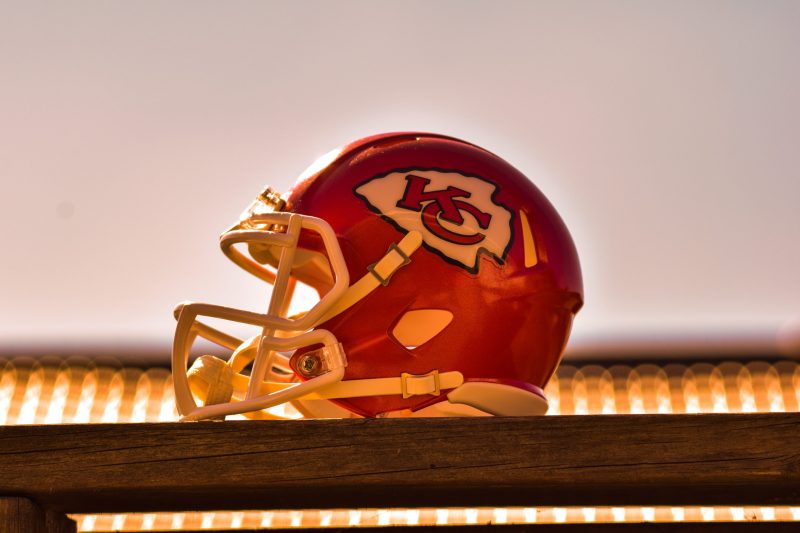The Washington Redskins’ name change on July 13 marks the end of an agonizing, decades-long debate. While the football franchise’s surprising — and coerced — name change is viewed as a victory in the Native American community, the battle is far from over.
Professional sports teams, such as the Cleveland Indians, Kansas City Chiefs, Atlanta Braves and Chicago Blackhawks, still perpetuate negative stereotypes of Native Americans through their team names and mascots. With Washington out of the picture, the spotlight now places these teams at center field. The question at hand: Will they follow suit or continue to justify the unjustifiable? While Washington, albeit reluctantly, provides a powerful model of change, these sports franchises should adopt new mascots simply because it is the moral thing to do.
Professional sports teams have a remarkable ability to unite people under one common goal, but this ability is abused when sports fans are encouraged to join together under offensive names and emblems. This environment invites fans to wear headdresses, paint their faces and even swing around tomahawks in the spirit of team pride, making a parade out of the most abhorrent and antiquated ideas of the nation’s first peoples. Sports have tremendous influence in today’s world, and as role models for impressionable people of all ages, sports teams should use this power for the betterment of society, not its miseducation. Native American tribes have a simple wish that, as evidenced by Washington, can be easily met: that sports culture will no longer disrespect and disparage Indigenous culture.
Indigenous representation is sorely lacking in the media, and Native American mascots unfortunately fill this narrow space. Stereotypical and disparaging images subvert the ability of Indigenous peoples to correctly represent sacred culture and traditions. In a nation where most people have never met or had contact with Native American peoples, the astounding inaccuracy of Indigenous portrayal in American media is uniquely destructive. Indigenous peoples are more diverse than popular imagery cares to show, with hundreds of vastly different tribes reduced down to a smiling, red-faced caricature with a feather and a spear. For added clarity, this would be similar to the entire European population, from Denmark to Greece, being represented by a blonde, white-faced cartoon holding bagpipes and a baguette. Therein lies the absurdity of the Native American mascot.
Proponents of Indigenous mascot usage commonly argue that they seek to honor Native American strength, reinforcing their stance with narratives about the beloved history of their mascots and fan traditions. The culture of Native Americans vastly precedes the establishment of the United States, let alone professional sports franchises, so fans should certainly understand how sacred tradition and culture are to Indigenous peoples, even while they flagrantly defile them. Many believe that Native American peoples do not take offense to these sports mascots or fan behavior, citing faulty polls and studies. As an Alaska Native woman and an enrolled member of the Wampanoag Tribe of Gay Head (Aquinnah), I have never met one Indigenous person who does not consider Native American mascots to be embarrassing, shamefully inaccurate and a downright atrocious representation of our culture and humanity.
Stanford’s history with Native American mascots must not be overlooked. It was in 1930 that Stanford sports teams began operating under the “Indians.” Protests in 1970 by the Stanford American Indian Organization (SAIO) brought attention to the mockery and falsity of the mascot. In response to this outcry, the name was formally removed in 1972, however, the struggle to erase symbols degrading to Indigenous Peoples persists into the present. Now, in SAIO’s 50th year, it is unbelievable that Native American mascots are still prevalent in popular imagery.
Now is the time to erase the erroneous smear of racist and degrading team mascots and names from sports. Now is the time to recognize the dehumanizing effect that they have on Indigenous peoples. The best way to honor Native Americans is to listen to our voices.
We are people, not mascots.
Contact Jade Araujo at jaraujo ‘at’ stanford.edu.
The Daily is committed to publishing a diversity of op-eds and letters to the editor. We’d love to hear your thoughts. Email letters to the editor to eic ‘at’ stanforddaily.com and op-ed submissions to opinions ‘at’ stanforddaily.com.
